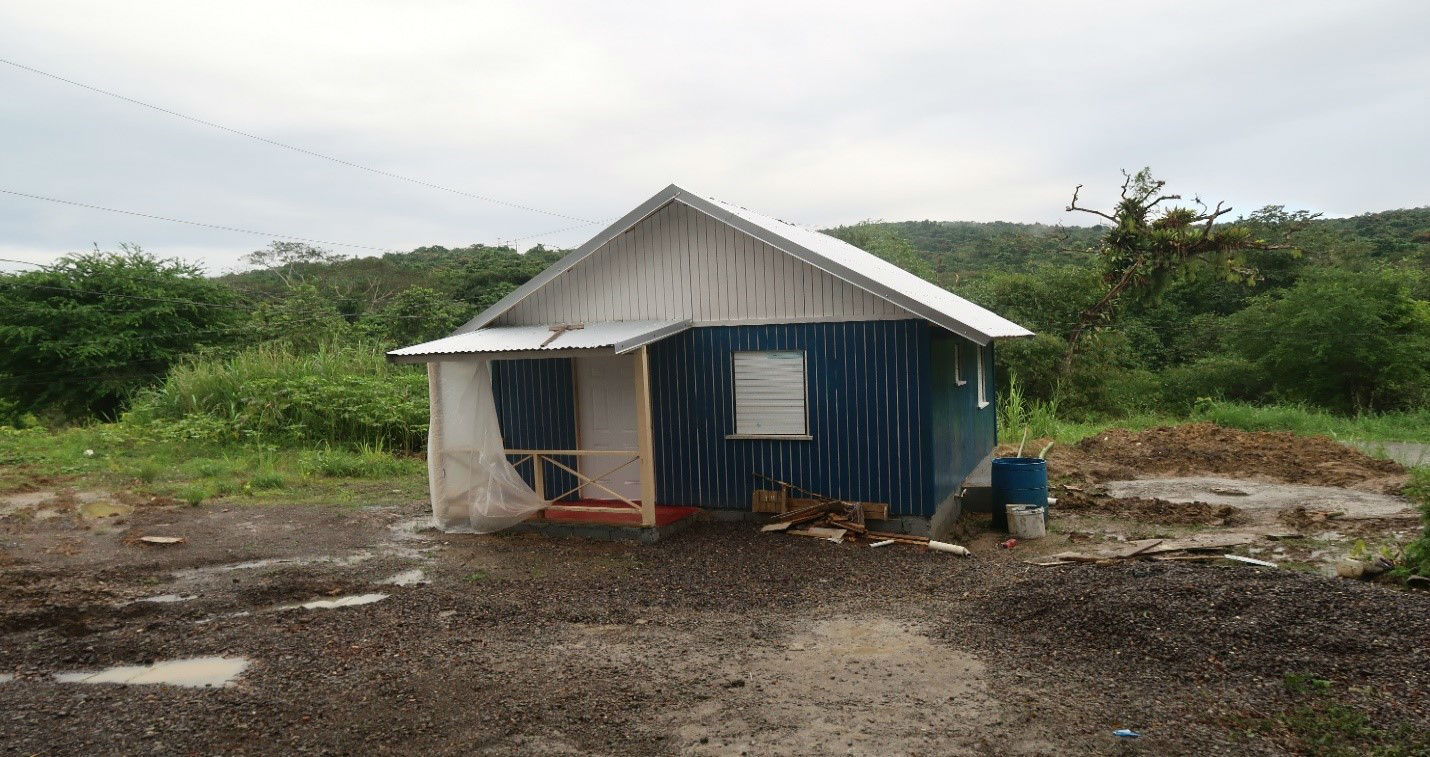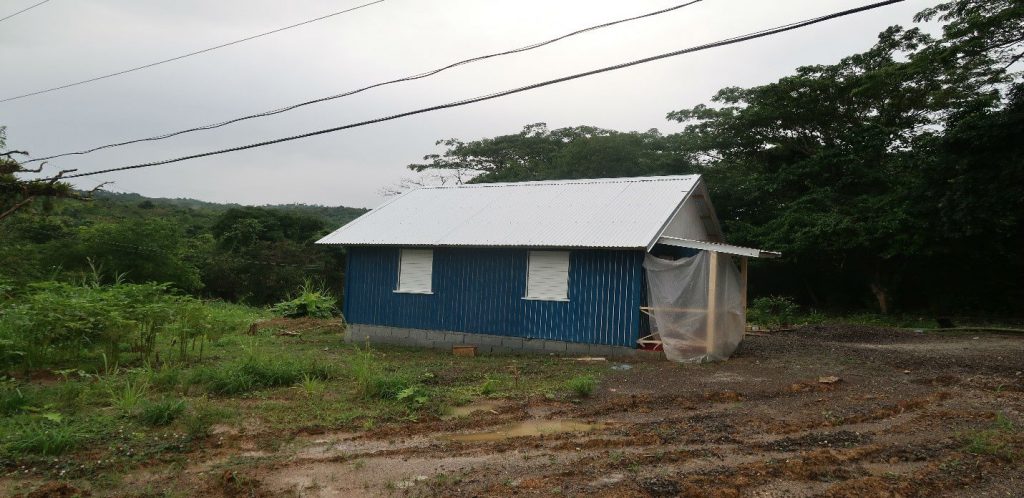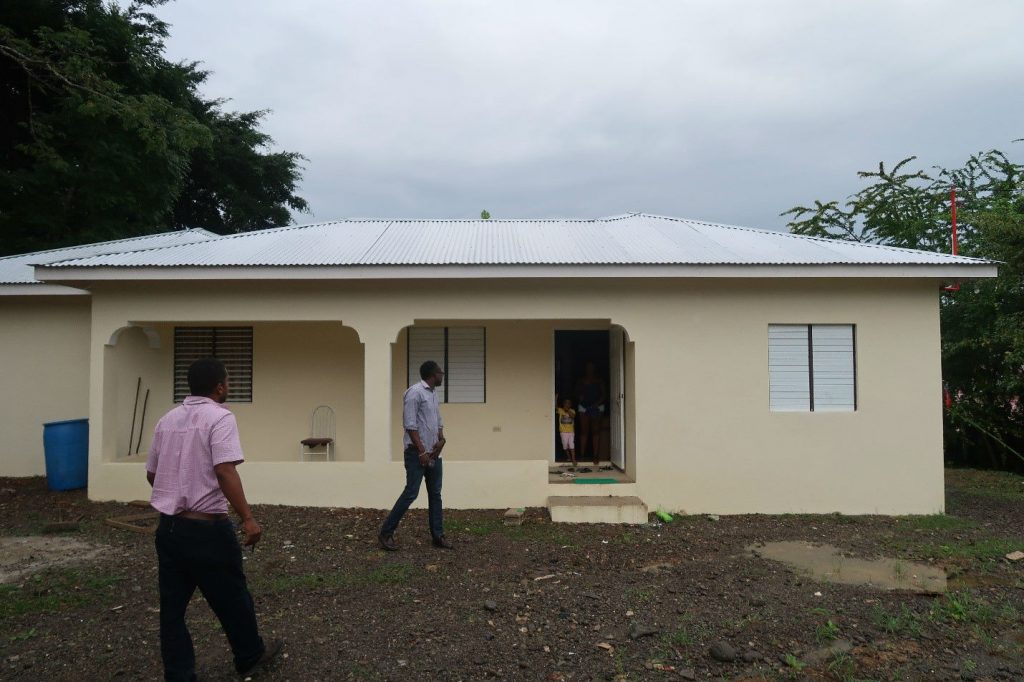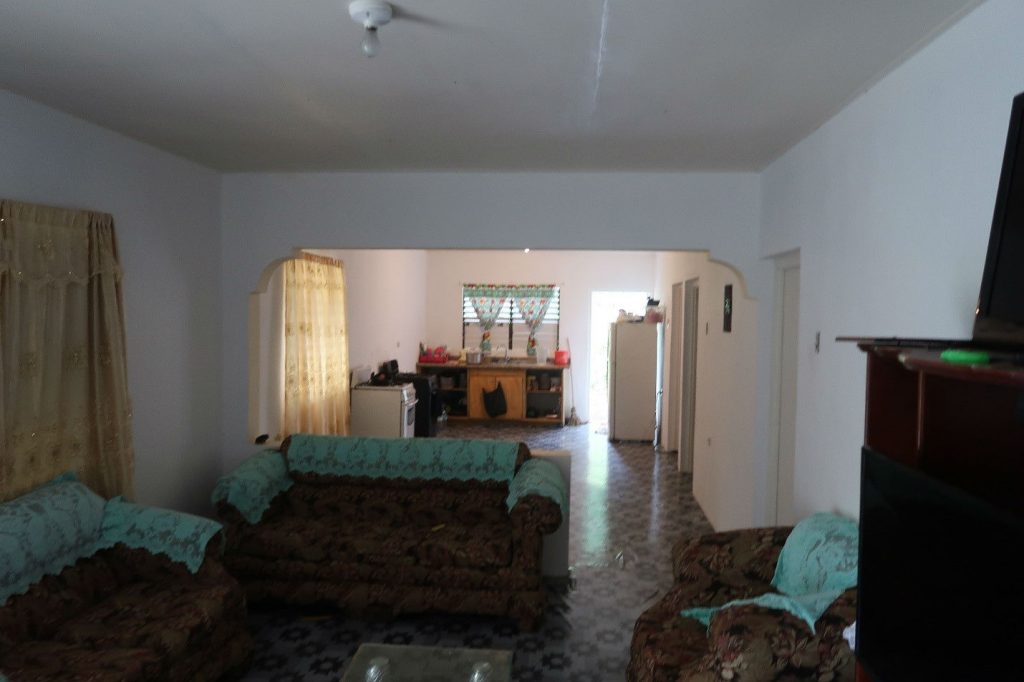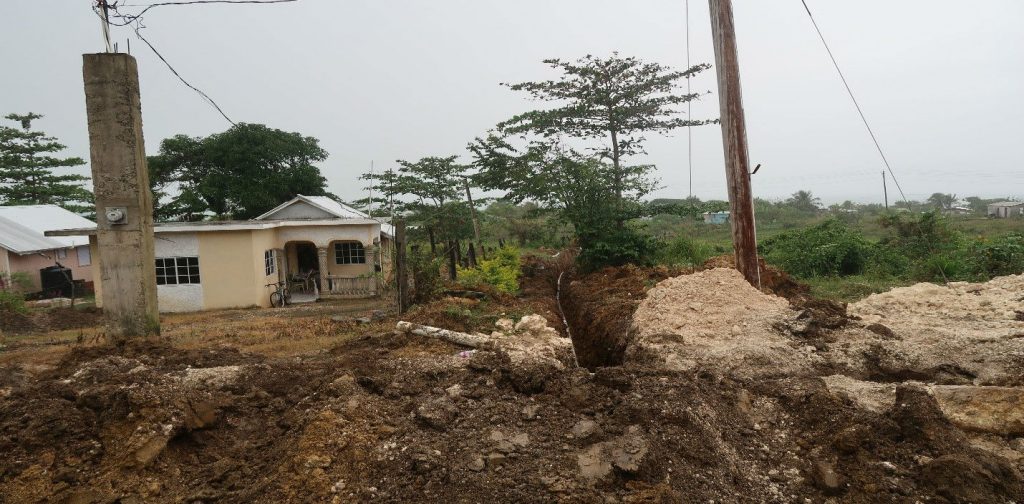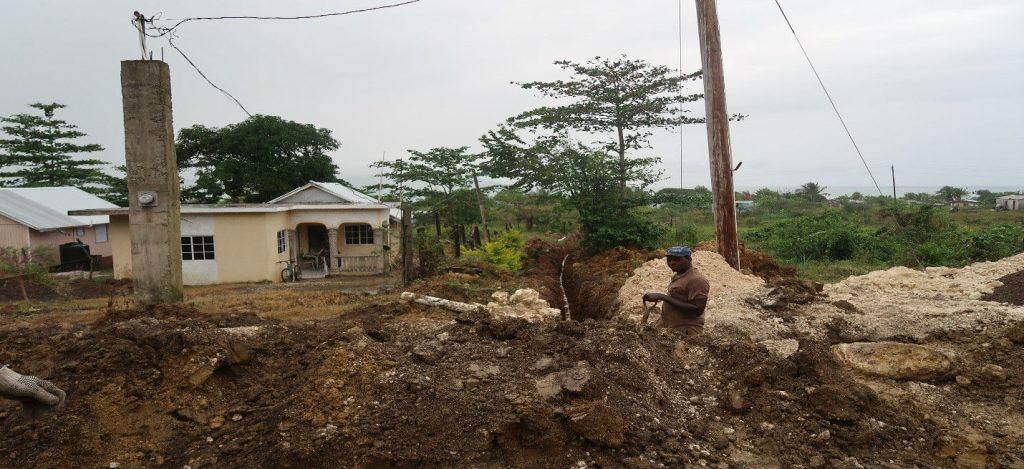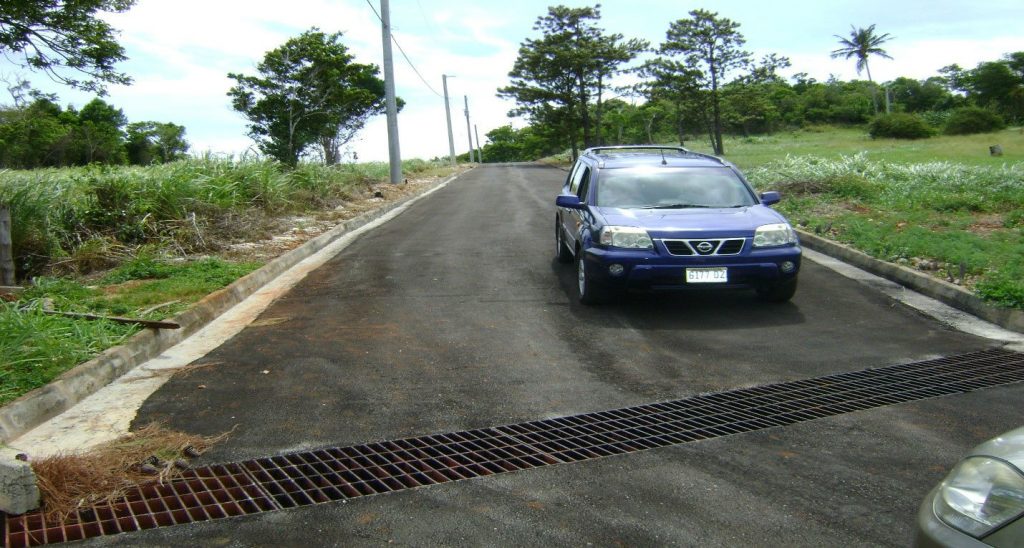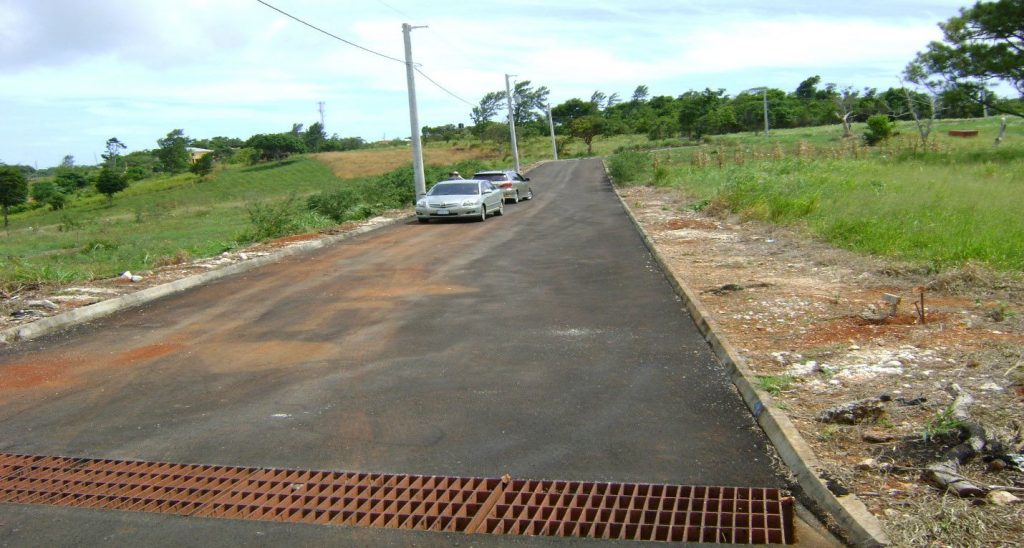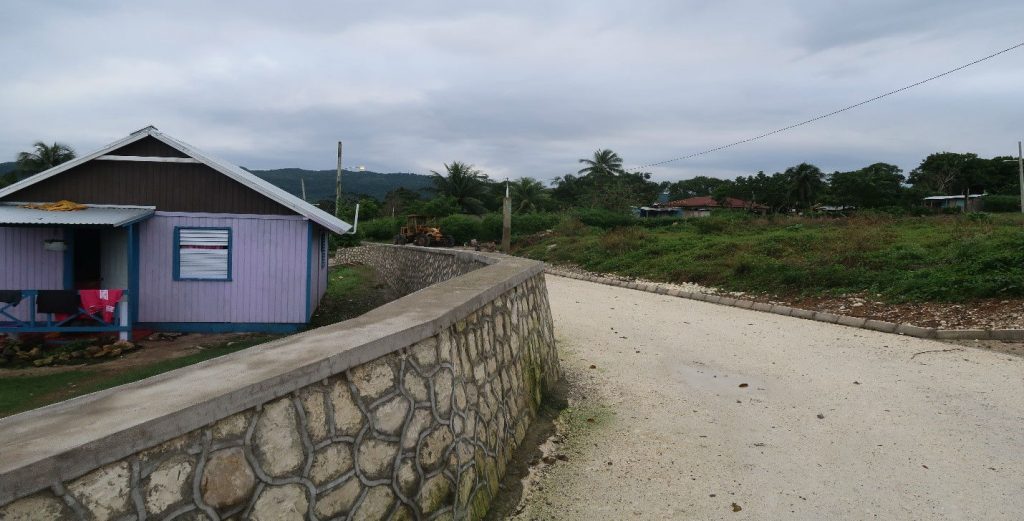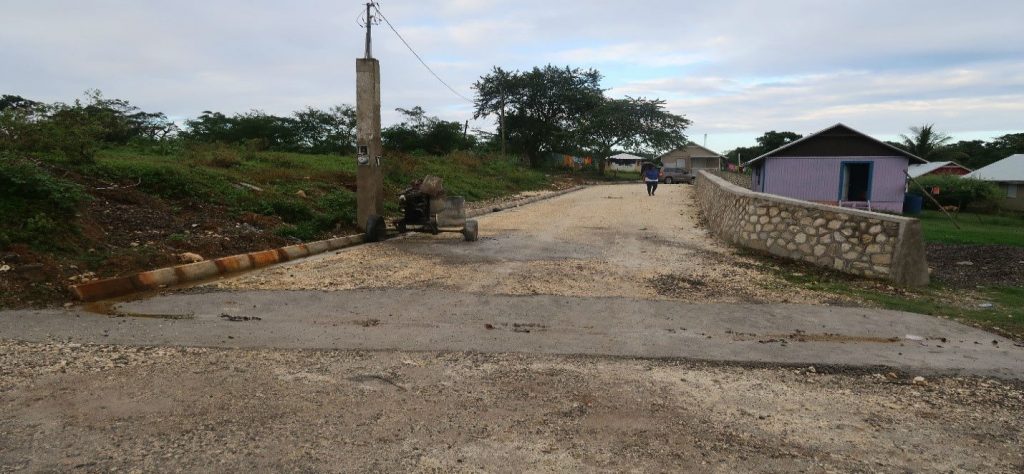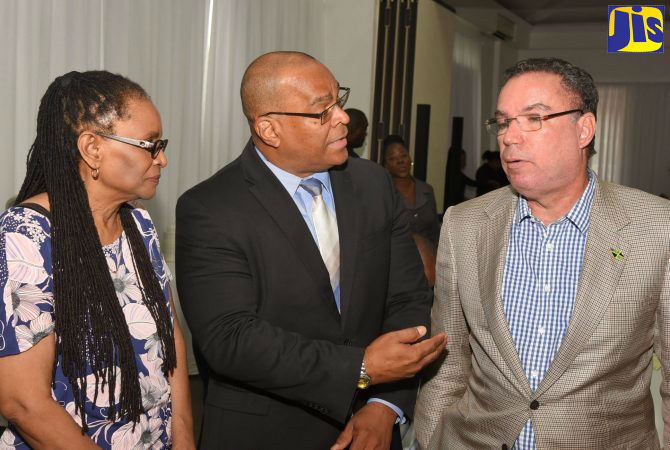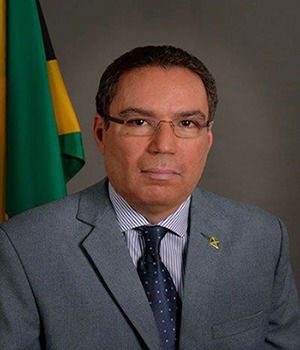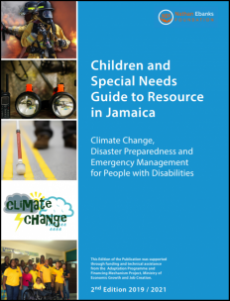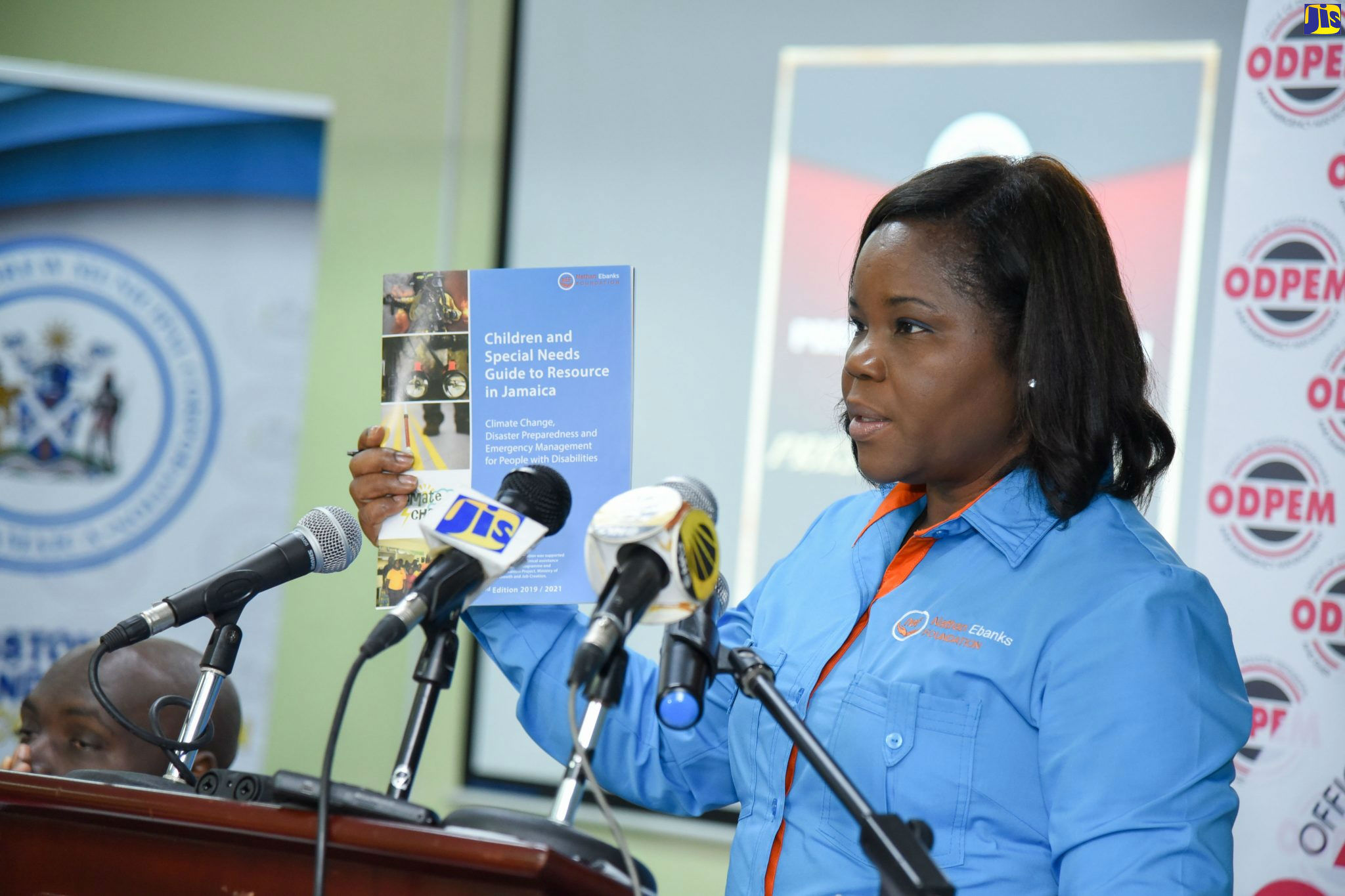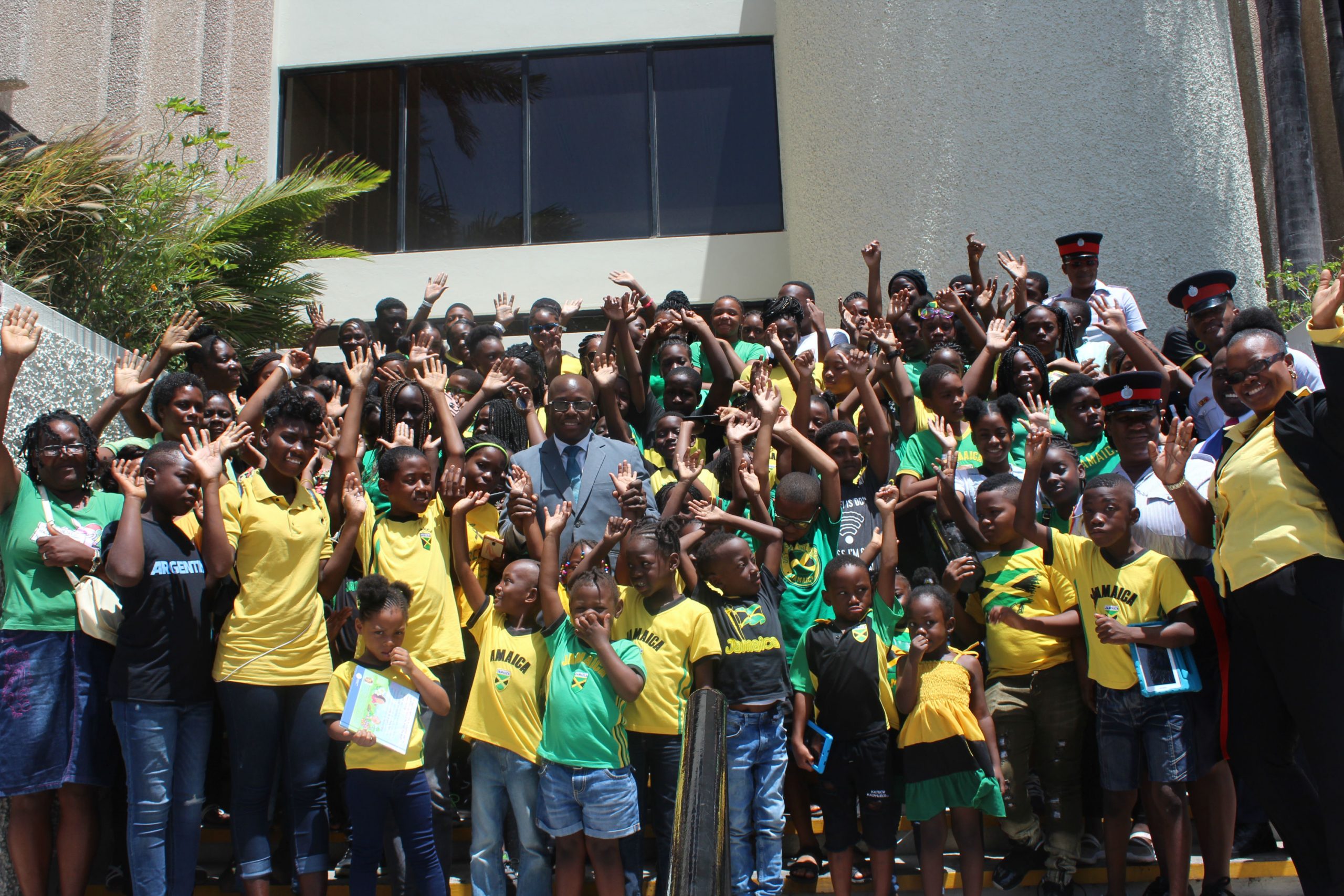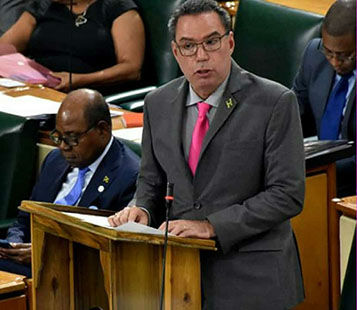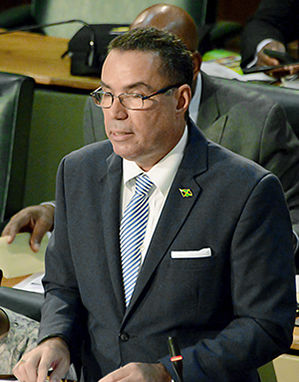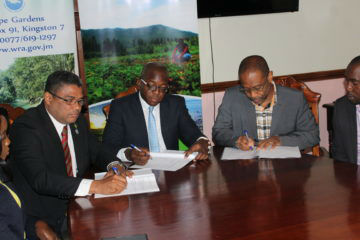Minister
without Portfolio in the Ministry of Economic Growth and Job Creation, Hon.
Daryl Vaz today welcomed the re-launch of the Recycling Partners of Jamaica
(RPJ) stating that he was proud to be the Minister who assisted in championing
the initiative.
RPJ,
the country’s designated National Recycling Entity, had said earlier this year,
that it would be launching a larger, more comprehensive recycling programme in
2019. The re-launch was held at the AC Hotel by Marriot this morning (July 24).
Minister
Vaz who has responsibility for Land, Environment, Climate Change and Investment,
emphasized that this Government is
wholeheartedly committed to working with environmental Agencies in protecting Jamaica,
and not just from plastic waste.
“We
will continue working to ensure that our regulations and standards offer the
necessary levels of protection to our natural environment and that these
regulations are enforced. Developing a
culture of sustainability is difficult work and requires action, not only on
the part of the Government but also buy-in from the private sector and the
public, which is why the Recycling Partners of Jamaica (RPJ) is so special”,
the Minister said.
“This organization has created a linkage between three integral groups that allows the policymakers, manufacturers, and distributors to combine their resources in order to engage and educate the public on recycling best practices and facilitate and incentivize waste collection,” Minister Vaz added.
In the
meantime, the Minister highlighted that to date, only about 11 per cent of
Jamaica’s plastic bottles are collected for recycling, a level of recovery,
that he said is woefully inadequate.
“We
are however working to improve this, which is why the Government had made,
under a Memorandum of Understanding, an annual contribution of JMD $50 million
towards the operations of the RPJ,” he said.
He
noted that the Private Sector has also ‘put their money where their mouths are’
by instituting a cess of JMD $1.00 per bottle which will allow for an initial
Private Sector investment of JMD $850 million into this programme.
RPJ
was founded in 2014 and is a registered non-profit organization that was
designed primarily to channel the recovery, collection and diversion of
plastics bottles (PET and HDPE) from entering Jamaica’s waste streams.
The
organization was formed by a public and private partnership with the Jamaican
government, via the Ministry of Economic Growth and Job Creation, and several
private partners.
-30-


